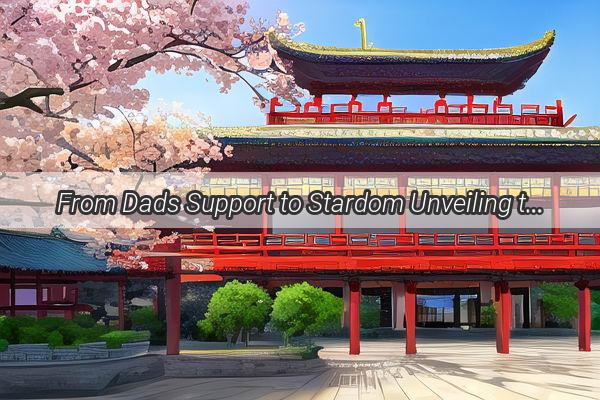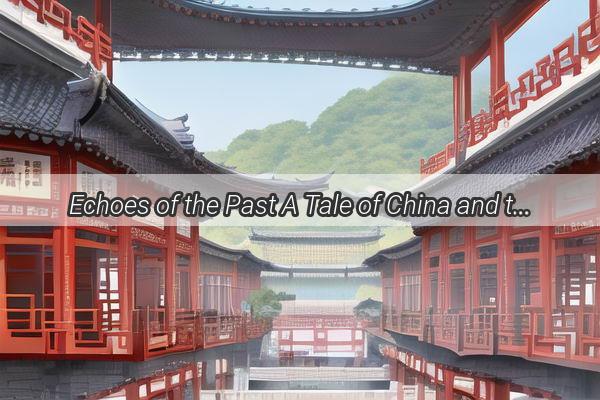Legacy of Love The Heart of Chinese Descendant Culture
---
The Heart of Chinese Descendant Culture
In the tapestry of human heritage, few cultures weave the threads of lineage and legacy as richly and profoundly as Chinese descendant culture. It is a narrative that spans centuries, intertwining family, tradition, and the unyielding spirit of continuity. Legacy of Love: The Heart of Chinese Descendant Culture delves into the essence of this enduring bond, exploring how the Chinese people honor their ancestors, maintain their heritage, and foster a sense of identity that transcends generations.
At the core of Chinese descendant culture lies the profound respect for ancestors. The Chinese, with their rich history and Confucian heritage, believe that the wisdom and achievements of the past generations are a treasure that must be cherished and passed on. Ancestral worship is a daily practice, with families often setting aside a special altar in their homes to honor their deceased relatives. Incense burns softly, and offerings of food, tea, and joss sticks are placed to signify the reverence and gratitude for the ancestors' guidance and protection.
The Chinese New Year, the most significant traditional festival, is a time when the past is brought into the present with great fanfare. Families gather to celebrate the union of the spirits of the living and the departed. Red lanterns, couplets, and dumplings symbolize good fortune, joy, and prosperity, and the belief that by honoring their ancestors, they are ensuring the well-being of their lineage.
Beyond the rituals, the concept of filial piety is deeply ingrained in Chinese descendant culture. It is a moral and social value that dictates the respect and care for one's parents and elders. The ancient proverb, To return to one's roots is a form of filial piety, encapsulates the idea that tracing one's lineage and understanding one's family history is a way of showing reverence to one's ancestors.
The Chinese, especially those living abroad, often maintain strong connections to their ancestral roots through the practice of language, customs, and traditions. Chinese schools, cultural centers, and community groups provide a sense of belonging and continuity for those who might otherwise feel disconnected from their cultural heritage. Festivals like the Mid-Autumn Festival, Dragon Boat Festival, and Qingming Festival are not just occasions for celebration but also opportunities to honor ancestors and remember their contributions to the family and society.

The Chinese also take pride in the preservation of their cultural identity through the arts. Calligraphy, painting, music, and dance are all mediums through which stories of ancestors and family history are told. The Chinese opera, with its intricate costumes and elaborate performances, is a testament to the rich tapestry of storytelling that has been passed down through generations.
In the modern era, Chinese descendant culture faces challenges from globalization and the homogenization of cultures. However, there is a growing movement among young Chinese to reconnect with their heritage. They see the value in their ancestors' wisdom and the beauty of their traditions. Social media platforms are filled with hashtags like FindYourRoots, encouraging young people to explore their family trees and discover the stories of their ancestors.
The story of Chinese descendant culture is one of resilience and continuity. It is a legacy of love that binds the past, present, and future. Through the celebration of traditions, the practice of filial piety, and the preservation of cultural identity, the Chinese people ensure that the heart of their descendant culture remains vibrant and alive.
In a world that seems to be moving further apart, the bonds of Chinese descendant culture serve as a beacon of unity and connection. It is a reminder that while change is inevitable, the love for family, respect for ancestors, and the quest for identity are timeless values that continue to shape the world we live in. Legacy of Love: The Heart of Chinese Descendant Culture is not just an exploration of the past; it is a celebration of the enduring spirit of a people who honor their roots and look to the future with hope and pride.









